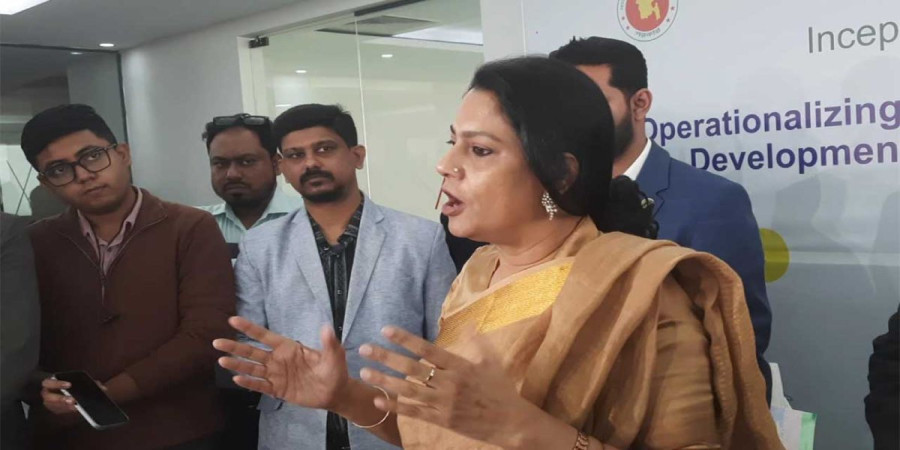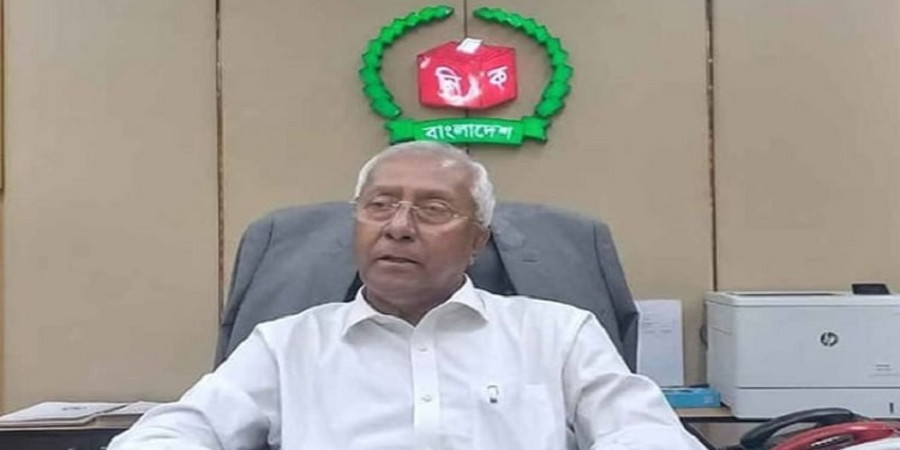
ছবি: Photo: Collected
Syeda Rizwana Hasan, the Environmental, Forest, and Climate Change Advisor, stated that it is impossible to reduce traffic congestion and air pollution in Dhaka while maintaining the existing public transport system.
She made these remarks during the inauguration of a workshop on the Bangladesh Climate Development Partnership at the Bangladesh Water Development Board’s Water Building in Green Road, Dhaka, on Sunday, January 26.
The Environmental Advisor emphasized that merely operating the current public transport system will not suffice to reduce accidents, control noise pollution, or improve air quality. She argued that a complete overhaul of the public transport management system is necessary to address these issues effectively.
When asked about the possibility of introducing electric vehicles (EVs) to protect the environment and combat climate change, Hasan acknowledged the limited time available to implement such measures. However, she also pointed out the significant pressure from public expectations, which demands swift action. While she agreed that EVs would be a long-term solution, she expressed concern about the challenges of meeting these expectations within a short timeframe.
Hasan further noted that the Ministry of Environment is not functioning independently, citing the example of the large hills being cut down to make way for a new rail line in Chunti Wildlife Sanctuary. She questioned the logic of labeling such actions as development, when they compromise environmental protection. She stressed that without the freedom to make independent decisions, the Ministry of Environment would not be able to effectively balance development with environmental preservation.
She concluded by stating that her ministry’s role is to regulate and enforce environmental protections. However, if they are not allowed to act independently, there will be no balance between development and environmental concerns, leading to an unsustainable future.
repoter






